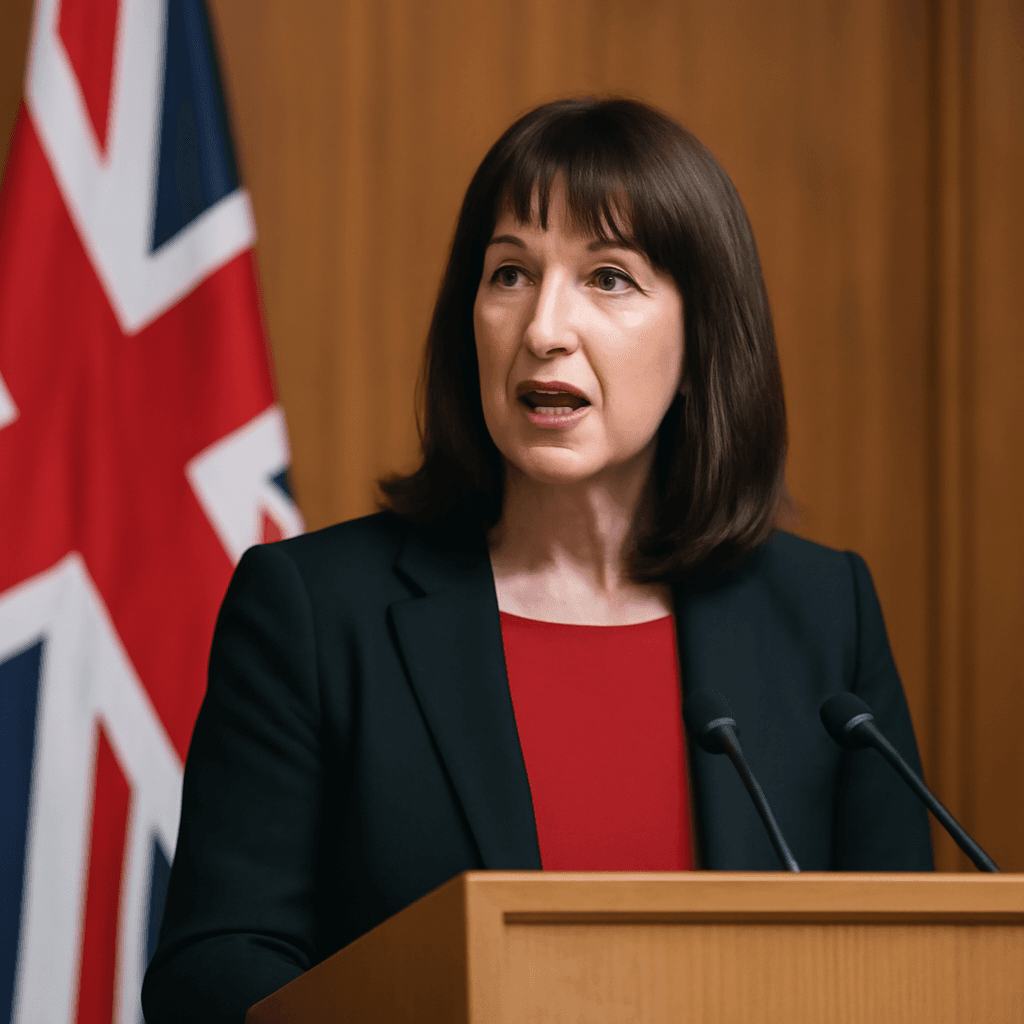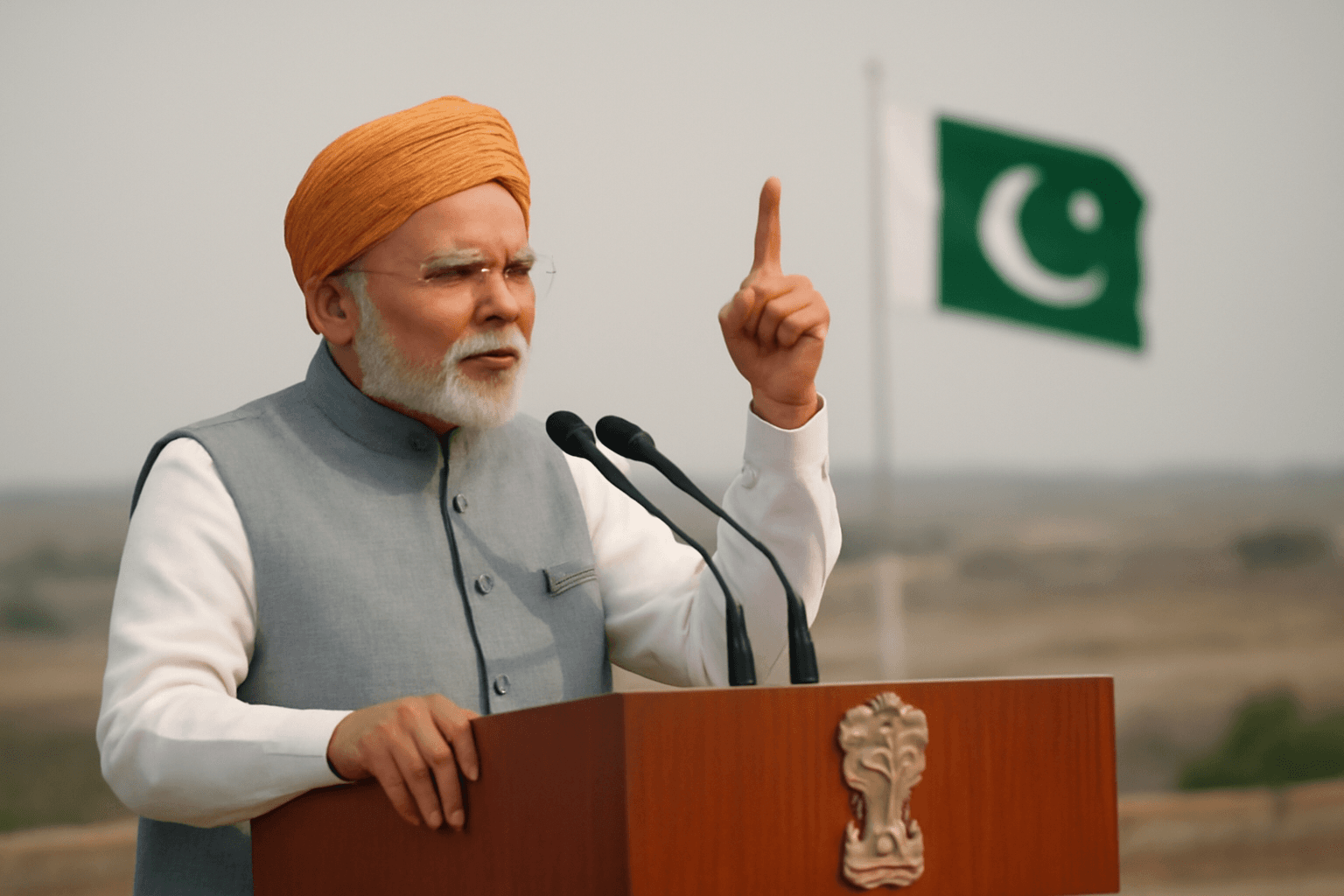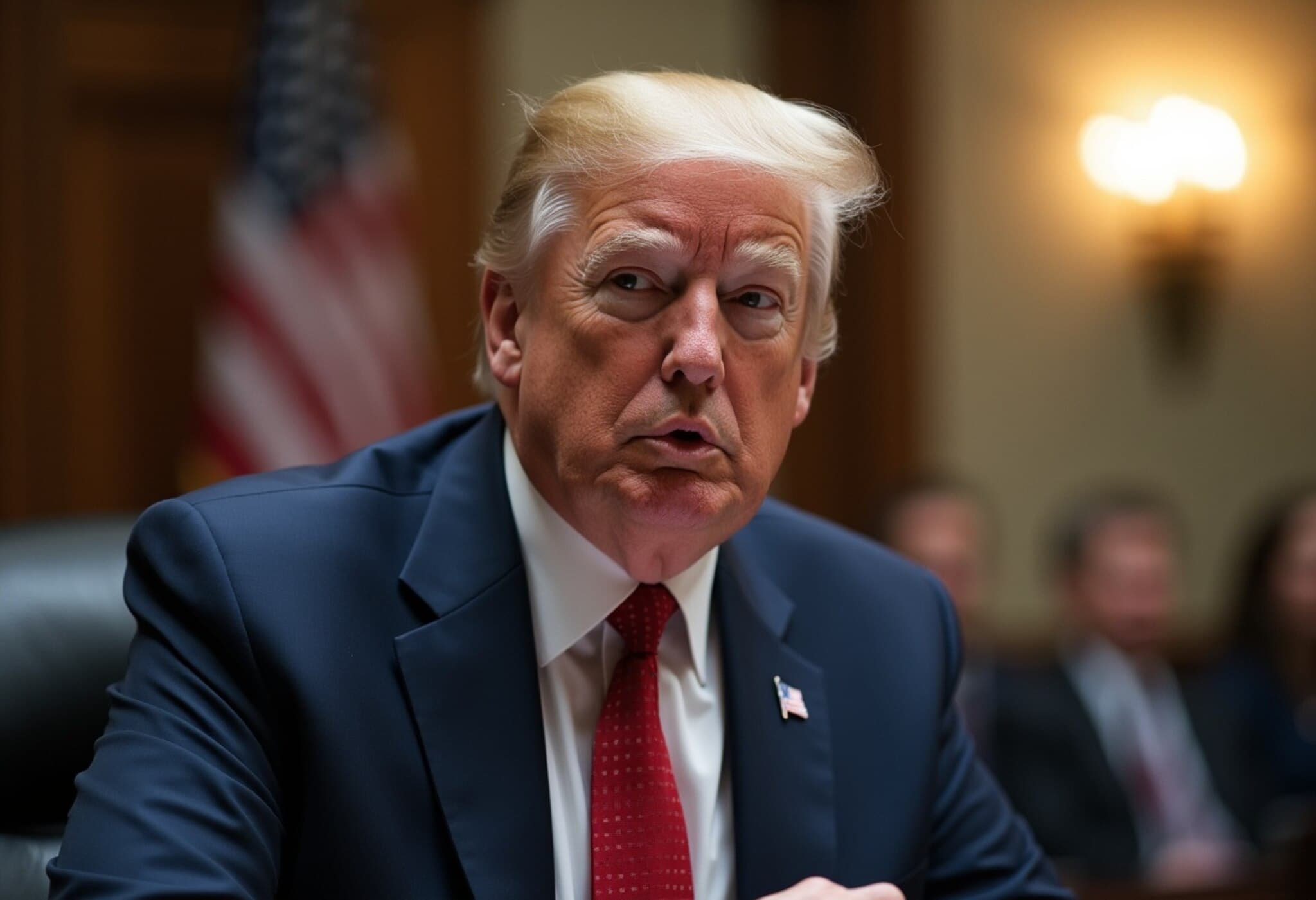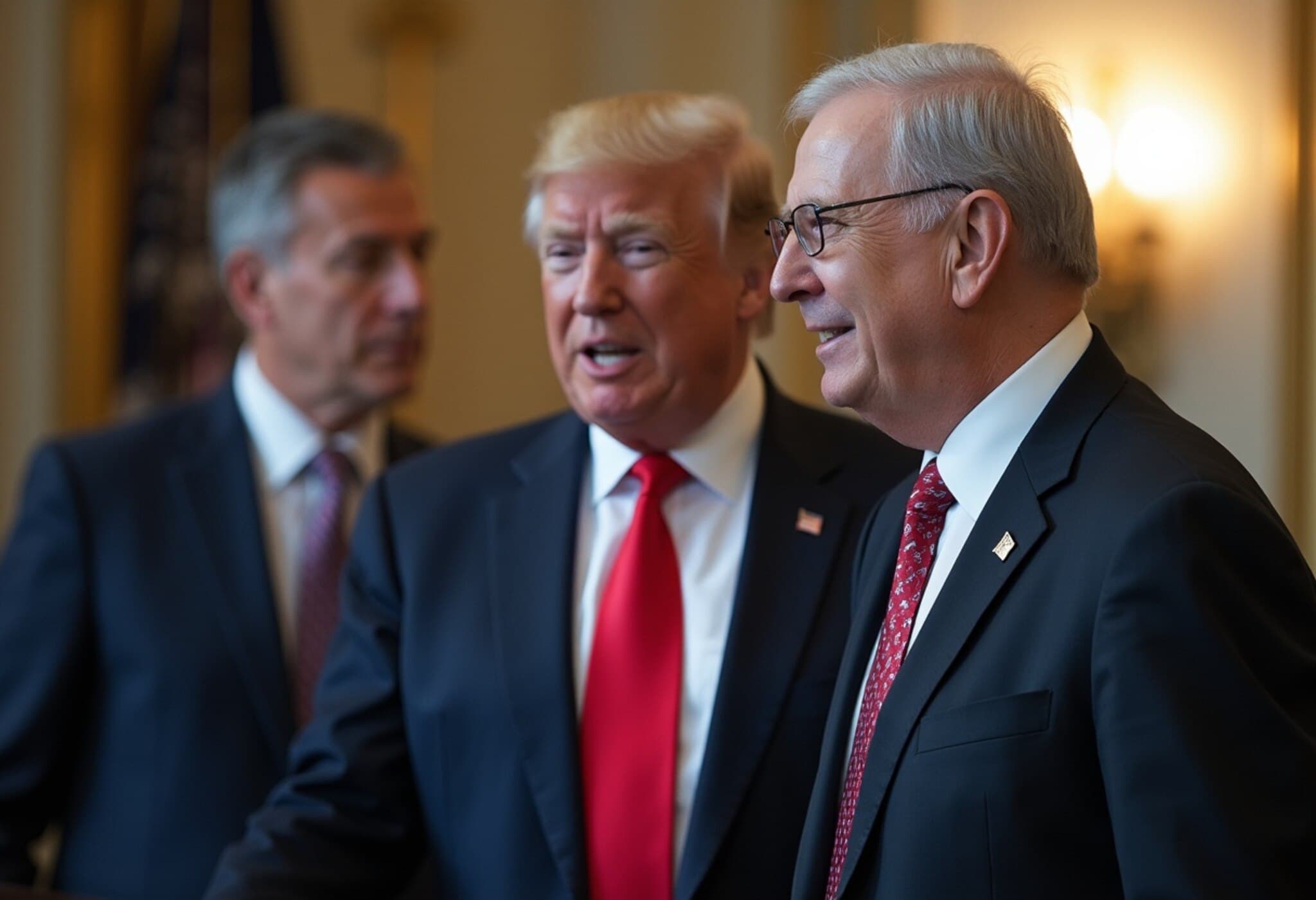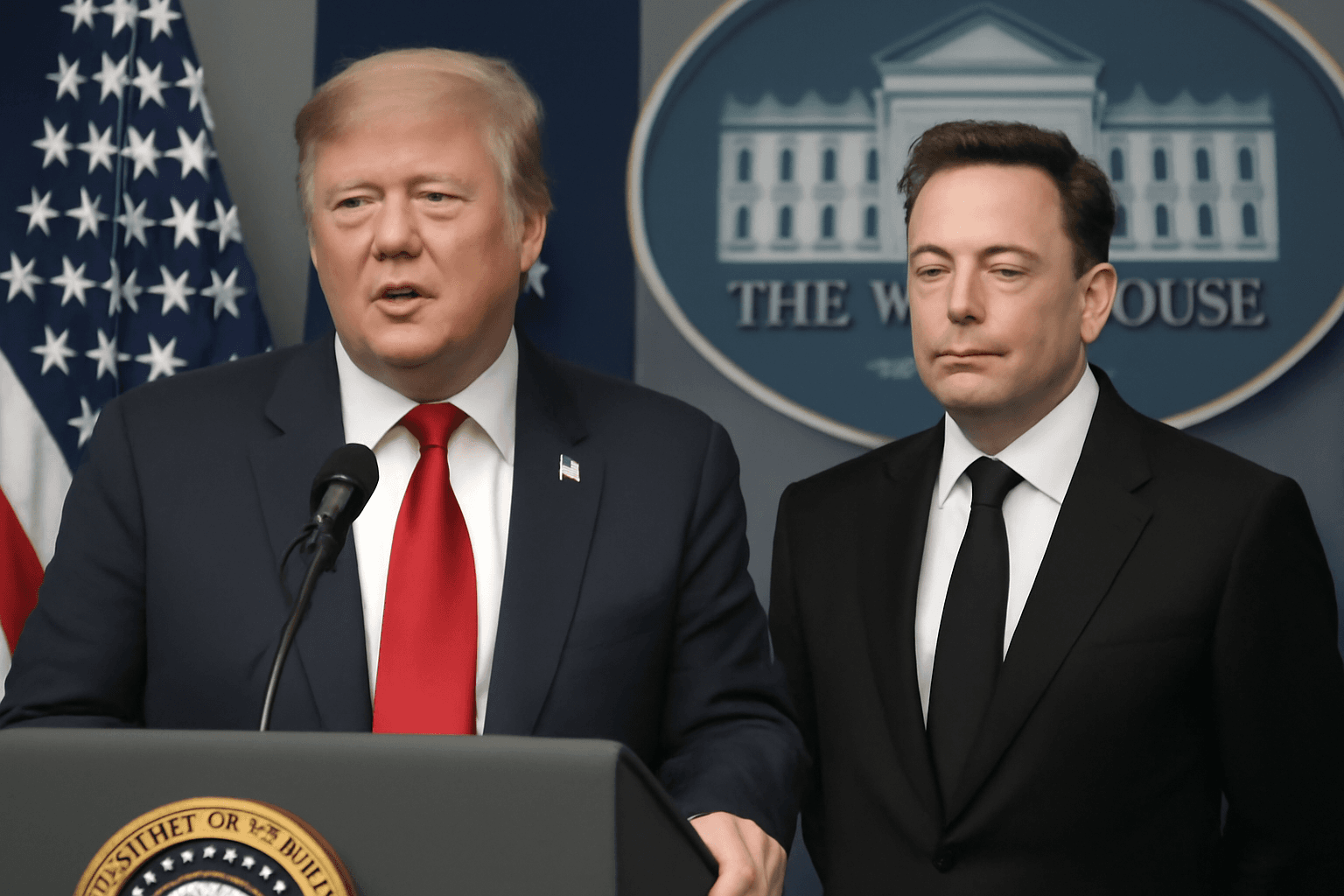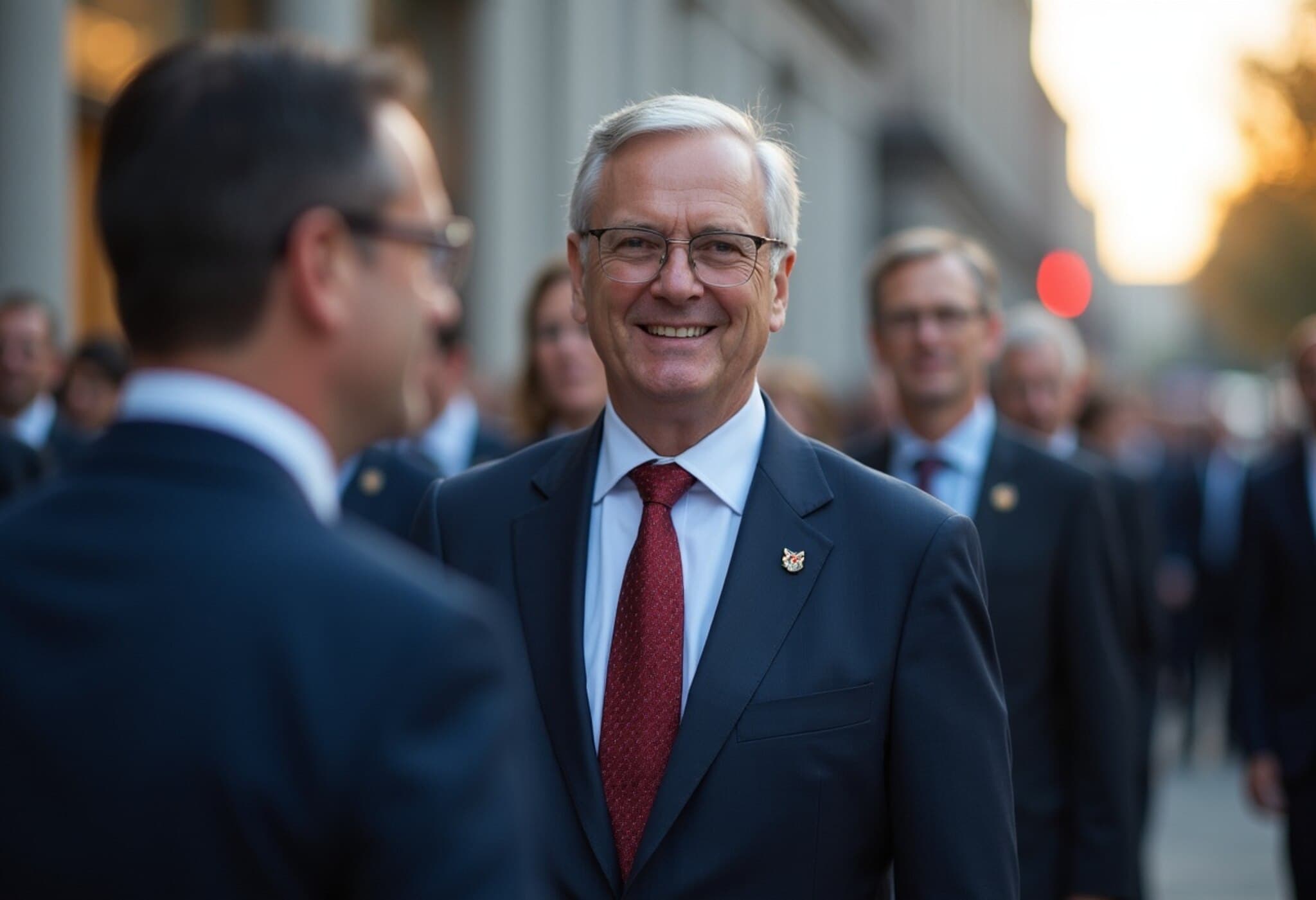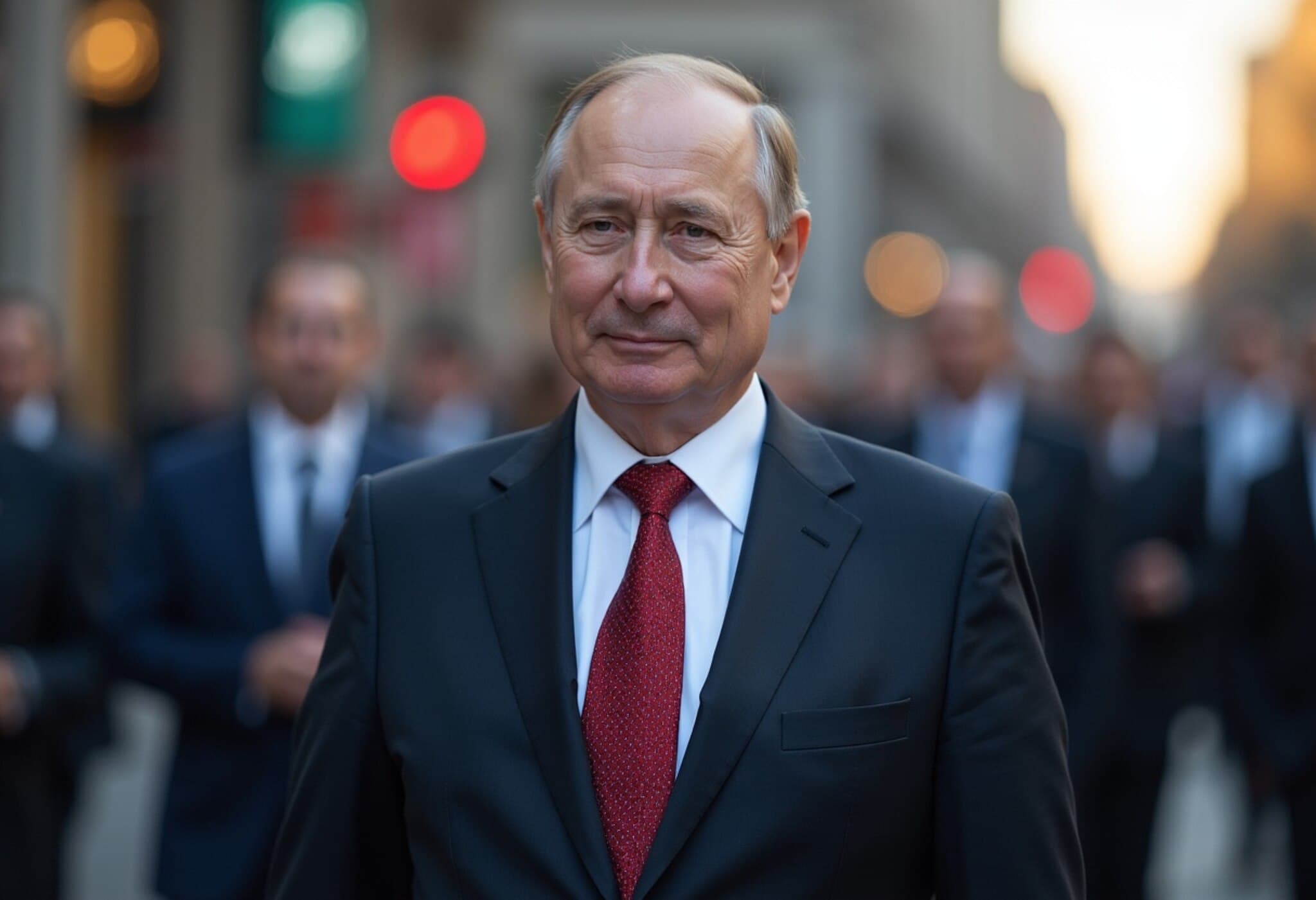UK Confronts Difficult Budget Decisions Amid Growing Defence and Social Demands
With geopolitical tensions on the rise, the United Kingdom finds itself at a fiscal crossroads. Finance Minister Rachel Reeves is set to reveal a fresh government spending review that highlights the challenging trade-offs facing the nation’s budget through 2029-2030.
Defence Spending Takes Center Stage
Prime Minister Keir Starmer's administration is prioritizing a significant increase in defence budgets, aiming to elevate defence spending to 2.5% of GDP by 2027, and eventually 3.0% by 2034. This considerable rise is largely influenced by security concerns following global conflicts and geopolitical uncertainty.
As a result, funding previously allocated to other critical government departments is being scaled back. Reports indicate that substantial investment in the National Health Service (NHS) is still planned, with a boost of up to €30 billion, but other ministries, including policing and environmental sectors, will likely experience tightened budgets.
Public Services Face Hard Choices
Rachel Reeves’ spending review will outline day-to-day allocations, reflecting a government eager to support health and growth but constrained by a commitment to fiscal responsibility. Following previous budget moves including tax hikes and increased infrastructure spending, the government is now expected to enforce austerity measures elsewhere.
Earlier this year, controversial cuts to disability welfare—expected to save over €5 billion—sparked protests in London, with demonstrators voicing opposition through slogans like "tax the rich, stop the cuts" and "welfare not warfare." These public reactions underscore the growing tension between investment in national security and social welfare.
Investment and Borrowing Strategies
The Chancellor has relaxed fiscal rules to allow greater borrowing capacity for essential infrastructure projects, securing a borrowing allowance of €113 billion over five years. This includes crucial investments in housing and energy, with hopes that strategic public spending will stimulate growth and enhance public services.
However, the government aims to align tax revenues with day-to-day expenditures, borrowing only for capital investments — a delicate balance given increased defence demands and social spending pressures.
Political and Economic Pressures Mount
Policy-makers face a precarious balancing act. Rumors suggest that some welfare cuts might be reversed, including lifting caps on child benefits and reinstating winter heating support for pensioners, following internal party dissent and public backlash.
Meanwhile, economists warn of potential tax increases in the upcoming Autumn Budget to offset higher borrowing costs, rising defence expenditures, and social welfare commitments. The government has already introduced a business tax hike earlier this year as part of revenue-enhancing efforts.
In short, the coming months will test the UK government's ability to reconcile security priorities with social and environmental responsibilities amid constrained finances.

